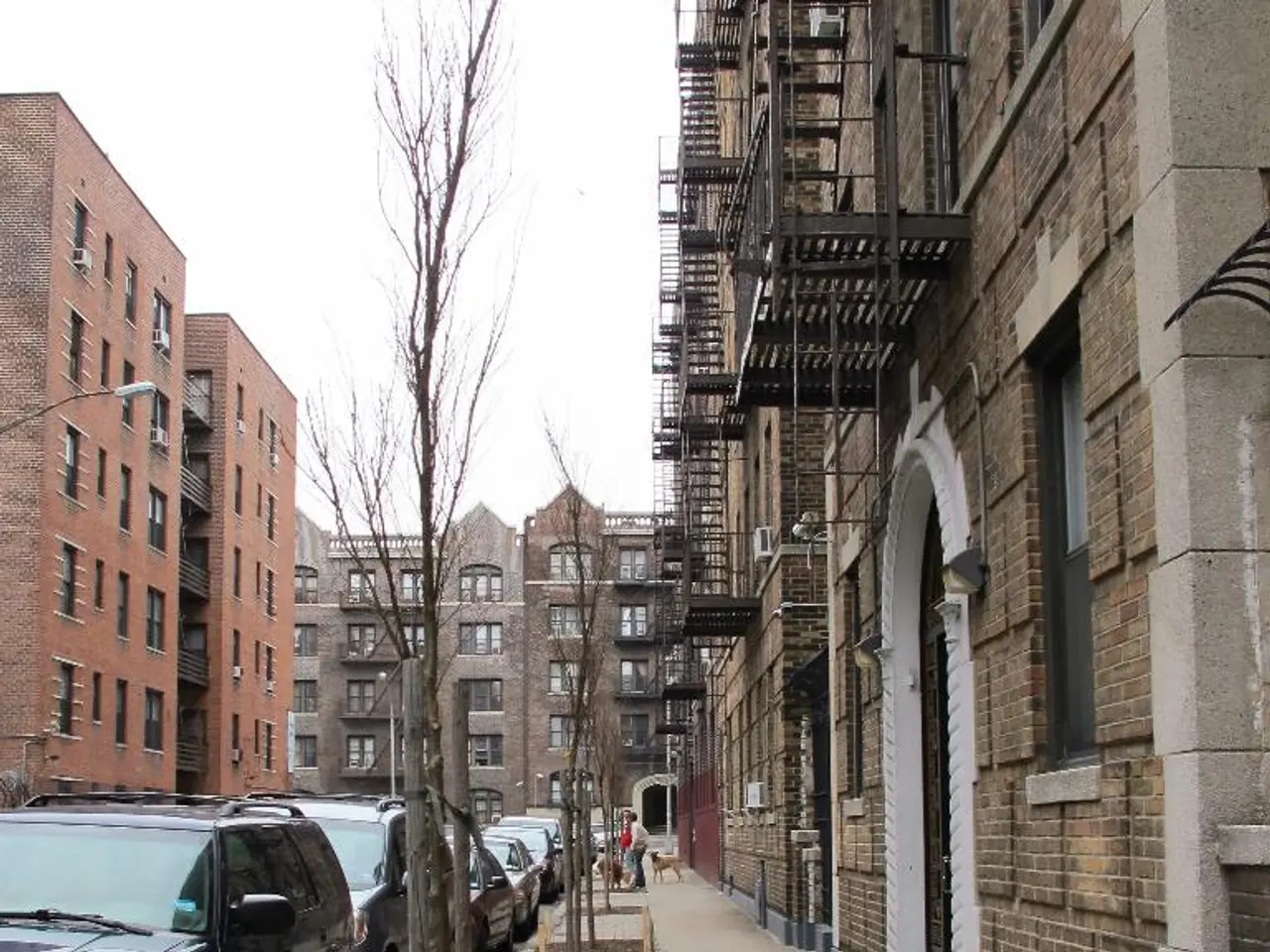Turkey re-introduces studio apartments to alleviate housing pressure
In a move aimed at addressing severe rent inflation and boosting the housing market, the Turkish government has lifted a seven-year ban on the construction of studio apartments, also known locally as "one-room units."
The change, published in the Official Gazette on Wednesday, has been welcomed by industry leaders who believe that these units will provide an accessible alternative for single residents, young professionals, and students.
Ziya Yilmaz, chair of the Association of Housing Developers and Investors (KONUTDER), stated that the regulation for studio apartments removes barriers for producing small units that align with shifting demographics. He emphasized that smaller, affordable units could help reverse the decline in homeownership and improve access to housing for low- and middle-income groups.
According to Yilmaz, developers can now include studio apartments in new buildings, but they cannot make up more than 20% of the total units in a project. This rule ensures balance, as emphasized by Tahir Tellioglu, president of the Turkish Construction Contractors Confederation (IMKON).
The average rent for a one-bedroom apartment with a living room is ₺17,516 ($441) per month, but the reintroduction of studio apartments could enable more citizens to own homes and provide an alternative to surging rents in large urban centers like Istanbul, Ankara, and Izmir.
In the second quarter of 2025, housing companies in these cities built affordable rental apartments and social housing projects aimed at reducing rental prices. After a contraction in the first quarter, Turkey's housing activity surged in the second quarter, with an 18.1% increase in the number of buildings granted occupancy permits, a 44.3% increase in the number of apartments, and a 30.2% expansion in total floor area.
Nesecan Cekici, chair of the Association of Real Estate Investors (GYODER), shares Yilmaz's optimism, believing that these units will provide an accessible alternative for single residents, young professionals, and students. The average price for these apartments also rose by 30% to ₺42,339 ($1,065) per square meter, but the increased availability of studio apartments could help ease pressure on tenants.
First-hand sales dropped to 33% of total transactions from 45% in past years, according to Yilmaz. This shift towards rental units could stimulate construction activity and support over 250 related industries. The Turkish government views this regulation as a primary solution to ease housing demand and reduce rental costs.
Turkey is facing severe rent inflation, with rent prices for new tenants rising 32.7% year-on-year in July. The reintroduction of studio apartments could help stabilize rental markets in major cities and support the overall housing market's recovery.








